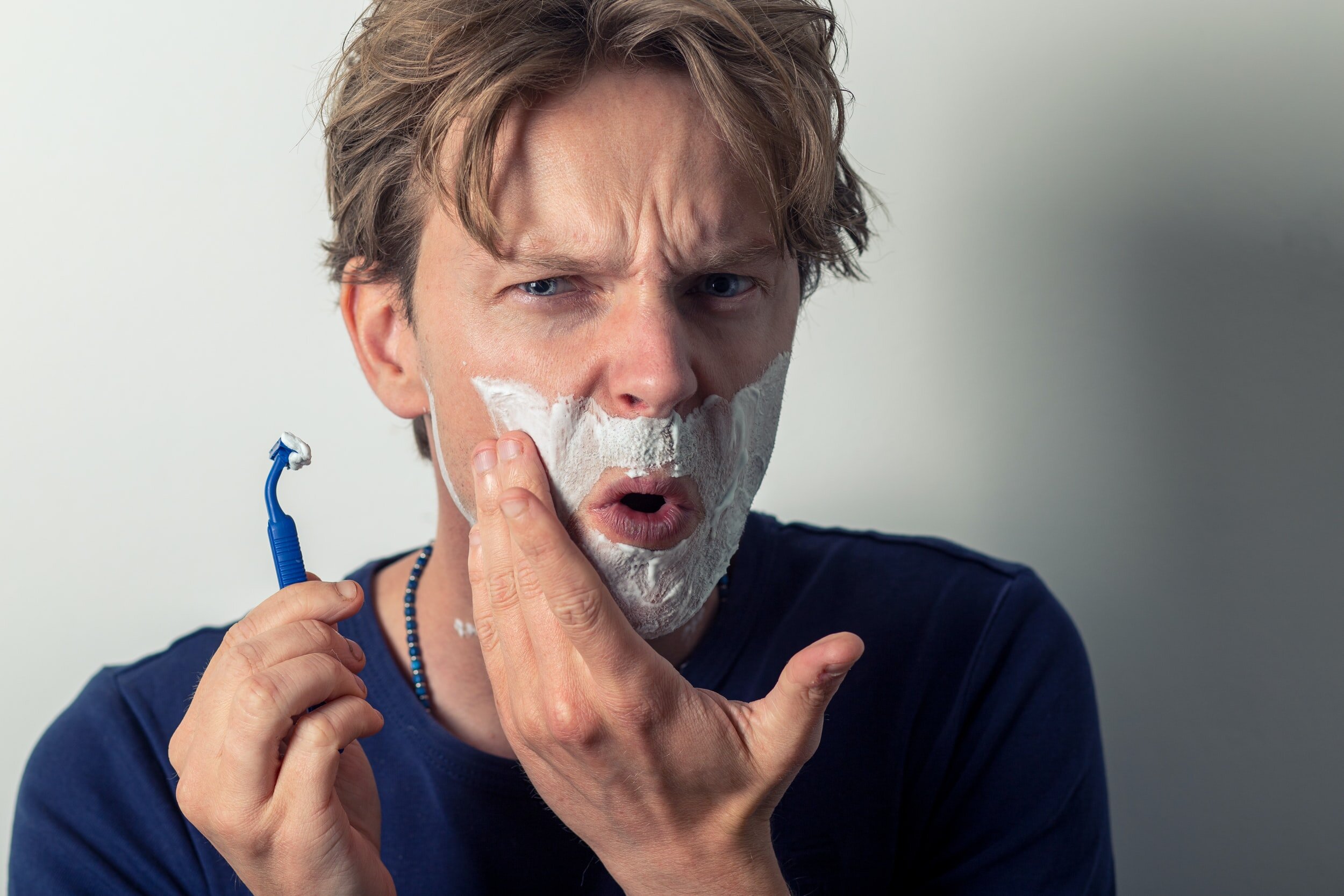Do we really need Gillette to encourage the majority of men to be what they already are?

Everyone seems to have an opinion on the new Gillette advert. There are men and women who fiercely oppose the advert, and men and women very much in support of it.
The advert highlights the #MeToo movement, sexual harassment in the workplace by men, boys fighting, bullying, and sexism. The advert calls for men to be better, showing examples of them as fathers, husbands, intervening in bullying scenarios and when children are fighting, being the hero, someone to look up to. This is the best men can be, say Gillette.
At first glance, to many people, this is a nice message. It is nice, and warming, and encouraging – we should all be nice to each other. so why are so many people – myself included – taking issue with the new Gillette advert?
The underlying assumptions made in the advert are that men are inherently bad – men are violent, sexual predators who have had their way for long enough. Only through the power of encouragement and social grooming can we protect society from the menace that is toxic masculinity.
“Why do we need to encourage men to be what the majority of men already are?”
But the advert shows men in positive ways too – being good fathers and good role models. If you think about it, this is not exactly breaking news. Most of us will have known many good men in our lifetimes, who have stepped in to stop bullying and to protect women in various ways. So perhaps part of the insult is that the ad is focussing on the minority of men as if they are the majority. Why do we need to encourage men to be what the majority of men already are? Furthermore – why is it up to Gillette to do this?
Maybe a hair removal brand should promote some positive femininity too. Let’s encourage women to be good people: Let’s encourage women to not incite violence towards others, even towards men and children. Let’s encourage women to not use children as pawns in the breakdown of a relationship, or to make false rape allegations. Let’s encourage them not to be indirectly aggressive – bullying and berating others for their appearances or inciting gossip about the reputation of others.
What was that…? Women – the fairer sex – don’t engage in such behaviours? Oh, but they do! And for long enough now, the negative perception and reputation of men and masculinity has been demonised in the press and in society. Women are apparently untouchable!
“it seems that all Gillette have done here is jump on the man-bashing bandwagon.”
I wonder if this shift in power imbalance is the result of the previously male-biased power imbalance. However, as I discuss in a previous blog, this male-biased power imbalance has been misconstrued. Throughout history – I am talking thousands of years – it has been a minority of men who have held the power. The majority of men have suffered – have gone to war, have been denied mating opportunities, wealth and status, all for the sake of a minority of men.
I am by no means trying to downplay the suffering of women throughout history. Women have for long enough struggled to be taken seriously, to gain the same opportunities as men before them – we often still struggle to be taken seriously and face many barriers. However, my argument here is that this is not a gendered issue. Power imbalance may, on the surface, appear, to be a gendered issue, but you scratch the surface you will see the majority of men and women are in similar situations, but in different contexts. Women have, for a long time, struggled to gain access to an education, to have a career. Men are more likely to be incarcerated, have untreated mental illnesses, and to die by suicide.
There is a gendered issue here somewhere… but it is not about showing people how to be a good person. Terrible people are all around us – I would like to emphasise they are the minority! But You can’t presume that man in the street is any more capable of atrocious things than the woman over the road. It is not about sex or gender. It is something more complex, maybe something about the fallibility of human nature.
So in the end it seems that all Gillette have done here is jump on the man-bashing bandwagon. It is something society doesn’t need. It is something men do not need. No one benefits from the perception that ‘men are inherently bad and cannot be good unless we train them’. Let’s move beyond this please.
This article was first published on the Male Psychology Network website in 2019
Scroll down to join the discussion
Dr Becci Owens is a Lecturer in Psychology at the University of Sunderland, a Chartered Psychologist, and a Fellow of the Higher Education Academy. She is an evolutionary psychologist with a research focus on male psychology and mental health, sex differences in mating behaviours and mating strategies, and body image and modifications.
Disclaimer: This article is for information purposes only and is not a substitute for therapy, legal advice, or other professional opinion. Never disregard such advice because of this article or anything else you have read from the Centre for Male Psychology. The views expressed here do not necessarily reflect those of, or are endorsed by, The Centre for Male Psychology, and we cannot be held responsible for these views. Read our full disclaimer here.
Like our articles?
Click here to subscribe to our FREE newsletter and be first
to hear about news, events, and publications.

Have you got something to say?
Check our our submissions page to find out how to write for us.
.













































